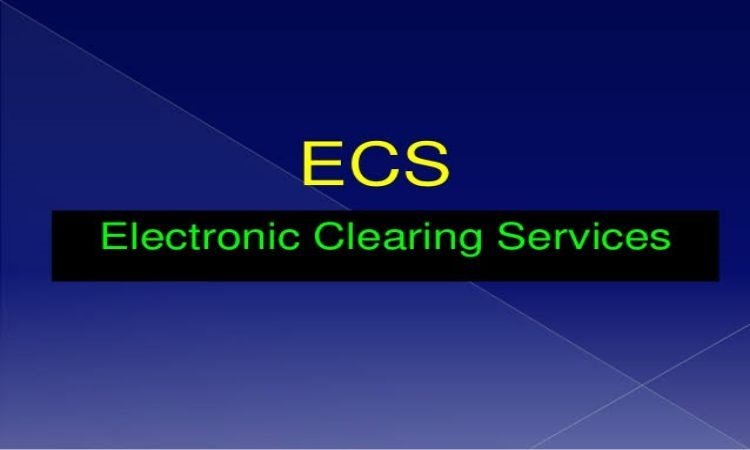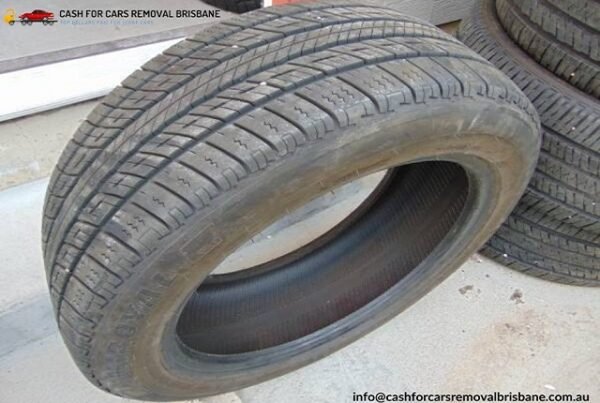Electronic Clearance Service (ECS) is an electronic system of getting funds transferred from one account to another. Generally, an ECS Mandate is signed when large or bulk payments that are periodic are to be performed by institutes. It is opted by entities while making payments such as interest, Salary, dividend, pension and more.
The immediate benefit of opting for an ECS Mandate is that you don’t need to remember any due dates for utility bill and other payments.
Just like for payment of money for multiple needs, ECS can also be used to send money towards payments. It may be your credit card bills, existing loan EMIs and more.
Once you sign an ECS Mandate, it means setting up instruction on your bank account to deduct a particular amount on a day for a specific payment.
To sign an ECS Mandate, you need to provide a cancelled cheque containing all bank information for smoother processing. This way, you can be sure of not missing any bills’ due dates and keeping up your Cibil Score.
If you wish to know if going for an ECS Mandate is convenient and safe, along with other common queries, then you should go through the rest of this post.
- How does ECS work and is it convenient and safe?
The Electronic Clearance Service, debit or credit schemes are famously known to be a convenient, safe and cost-effective method of collecting frequent payments that are periodic in nature. The ECS Debit takes about 7 working days. ECS system is convenient to use and saves you from manually making multiple payments. You also don’t have to remember all due dates and face missed payment issue. The system is operated by RBI, and hence; it is safe to use.
- Who provides the ECS facility in India?
The ECS – Debit and Credit clearing facility is provided in India by the Reserve Bank of India (RBI).
- What is an ECS Mandate form?
An ECS Mandate form is an authorization that you don’t have any objection for a particular amount to be deducted from your bank account on a day for a period. The ECS Mandate form has details of your bank account such as your name, account number, bank branch address, bank name, bank’s IFSC and MICR Code. The ECS Mandate needs to be duly certified by your bank. While signing an ECS Mandate, you can provide the institution that will deduct the money with a cancelled cheque. It is because it contains all correct bank account details. Ensure not to sign the cancelled cheque as it may lead to frauds.
- Can you stop a payment after it goes into ECS debit clearing cycle?
No, it is not possible to stop the payment after the initiation of ECS debit clearing. But you can always instruct your bank not to honour the payment just like a Stop Payment Instruction and you can set ECS limit as well.
- Can you use one ECS Mandate before every cycle?
No. You can provide the ECS Mandate only once. It remains valid until you want to withdraw it.
- Is it possible to designate an outstation account for the ECS process?
Yes, you are free to designate any bank that is participating in the ECS debit clearing system in Mumbai, Delhi, Kolkata, Chennai, Bangalore, Hyderabad, Pune, Chandigarh and Ahmedabad.
- What types of bank accounts are eligible for this facility?
You can go ahead and make payments via ECS debit clearing system using Current Account, Savings Account and Cash Credit Account.
- How much can you pay using the ECS facility?
As per the guidelines of RBI, you can use the ECS system to pay up to Rs.5 lakh for a single payment. There are absolutely no caps on multiple payments, though. The key queries related to ECS system in India are discussed that must have given an insight into what it is and more. If you have periodic payments to make in a month, then you can make the most of the ECS facility and get going!





